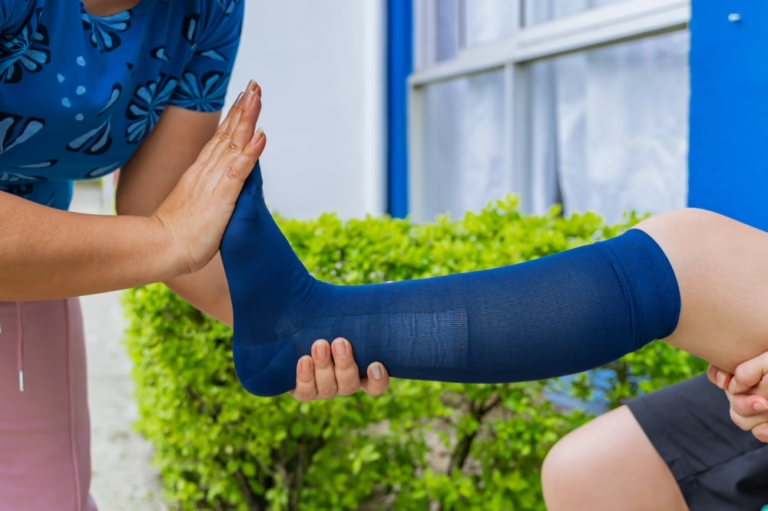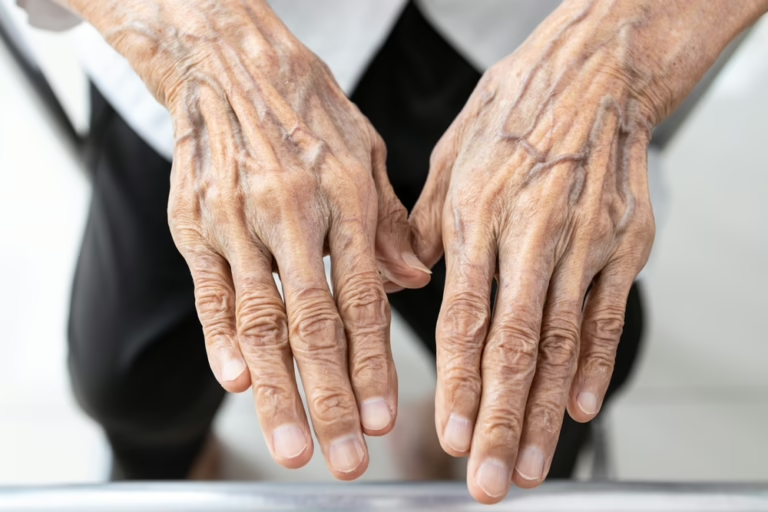How do you know you are getting the right treatment for your veins?
It’s easy to get confused with vein clinics opening on every corner. When they tell you that you need four veins or six veins treated, how do you know if it’s true?
In this post, I would like to clarify some of these issues, so you don’t find yourself the victim of unnecessary procedures. Not only don’t you need some of these procedures but you could get complications from them.
My philosophy has always been to do no harm. That’s what we all swore when we took the Hippocratic oath, and it’s the right principle when treating patients. Sometimes, less is more. Treat what needs to be treated. The treatment should actually make a difference medically. It’s an old-fashioned approach. I make less money. But I can sleep at night.
Let’s look at a few examples from the world of vein care.
A common scenario – perhaps, one that you’ve found yourself in – occurs after the vein doctor gets the ultrasound. He tells you that you have something called reflux. This condition arises when the valves in the veins in your leg are leaky. The doctor tells you that you have to undergo a procedure to fix the reflux. In fact, not only do you have reflux in one vein, you have reflux in multiple veins. So, you need multiple procedures. The cash register keeps racking up the dollars.
There is absolutely no evidence that you should treat reflux if there are no symptoms and if there’s nothing objectively wrong with the leg. This isn’t just my recommendation. It’s the recommendation of the American College of Phlebology. If it’s not bothering you and it’s just an ultrasound finding, leave it alone. The vast majority of the time that people undergo multiple procedures, it’s because reflux was found in the absence of symptoms.
In this situation not only will you NOT get benefit from the procedure. But, closing the vein when there’s no medical indication actually causes NEW veins to grow in place of the vein that was unnecessarily treated. This is the body’s natural response to closing veins; I tis a mechanism of survival. By inducing new veins, you are speeding up the process of getting new varicose veins as well.
So, a good rule of thumb: If the doctor tells you that you need lots of veins treated and some of them aren’t bothering you, get a second opinion.
In the next part of this series of blog posts, I’ll show you how you can get scammed by the ultrasound.
– Dr. Greenwald



